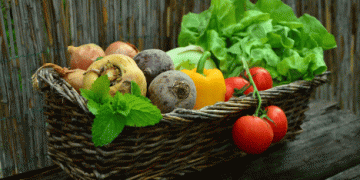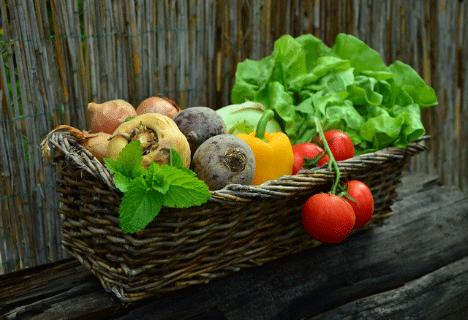Organic farming has become a central pillar of sustainable agriculture, and in 2024, Baden-Württemberg is showcasing its leadership in this sector through the annual Öko-Aktionswochen (Eco-Action Weeks). Under the theme “Baden-Württemberg is Bio,” these six weeks of events, which run from September 16 to October 31, 2024, aim to educate the public, promote organic farming, and celebrate the region’s rich diversity of organic products.
State Secretary Sabine Kurtz, from the Ministry for Nutrition, Rural Areas, and Consumer Protection, officially opened the event in Hayingen-Ehestetten. Speaking from the organic farm of Heidrun König, she emphasized how regional organic products like potatoes, cabbage, and lettuce play a pivotal role in the culinary excellence for which Baden-Württemberg is known. The event also highlighted the growing importance of local supply chains in connecting agriculture directly with the hospitality industry.
The Eco-Action Weeks: A Deep Dive into Organic Farming
The Eco-Action Weeks offer a unique opportunity for consumers to engage with the source of their food. Across Baden-Württemberg, organic farms, bakeries, breweries, and other businesses are opening their doors, offering tours, cooking workshops, bike tours, and tastings. This direct engagement is designed to educate consumers about the benefits of organic agriculture, the hard work of local farmers, and the importance of supporting sustainable food systems.
Dr. Christoph Reiber, managing director of Demeter Baden-Württemberg, emphasized the importance of these events in celebrating 100 years of biodynamic agriculture. “The Eco-Action Weeks offer a valuable platform to showcase the dedication of our organic producers and the high quality of organic products, from cultivation to consumption,” he said. For Demeter, which is at the forefront of biodynamic farming, the 100-year anniversary highlights the long-standing commitment to sustainability and innovation in the region.
Organic Excellence in the Culinary World
One of the highlights of this year’s events is the celebration of Simon Tress’s restaurant “1950,” which recently became the first organic restaurant in Europe to receive a Michelin star. Tress’s philosophy, “Nature on the Plate,” exemplifies how organic farming and fine dining can work together to create a sustainable culinary experience. Tress uses organic vegetables sourced from local farms, offering diners a true taste of Baden-Württemberg’s agricultural heritage.
State Secretary Kurtz lauded Tress’s achievement, stating, “The Michelin star for Simon Tress’s restaurant is a fantastic recognition of the quality of organic products from Baden-Württemberg and the dedication of local farmers.”
The Push for 30-40% Organic Farmland by 2030
At the heart of these celebrations is Baden-Württemberg’s ambitious plan to increase the share of land dedicated to organic farming. As of the end of 2023, 208,085 hectares of land, or 14.8% of the state’s total agricultural area, were managed under organic practices. The state’s government, driven by the Biodiversity Strengthening Act and its coalition agreements, aims to expand this to 30-40% by 2030.
This goal is part of the larger “Bio aus Baden-Württemberg” (Organic from Baden-Württemberg) action plan, which seeks to improve conditions for organic farmers and encourage more to transition to organic farming. The focus is not only on increasing production but also on enhancing the processing and marketing of organic products, ensuring they reach a broader audience, both in local markets and beyond.
The rise in demand for regional organic products, including spelt, lentils, and buckwheat from the Swabian Alb, reflects the growing consumer interest in sustainable food choices. By fostering a close connection between local farms and hotels, restaurants, and consumers, the Bio-Musterregionen (organic model regions) initiative has been instrumental in putting more regional organic specialties on menus across the state.
The Öko-Aktionswochen 2024 offers a comprehensive glimpse into the future of organic farming in Baden-Württemberg. Through public engagement, local culinary excellence, and governmental support, the state is positioning itself as a leader in organic agriculture. With ambitious targets to expand organic farmland and initiatives to support the entire supply chain, from farm to table, Baden-Württemberg is setting a precedent for sustainable farming and food production. As demand for organic products continues to grow, the region’s commitment to high-quality, environmentally friendly agriculture will play a crucial role in shaping the future of farming in Germany and beyond.































